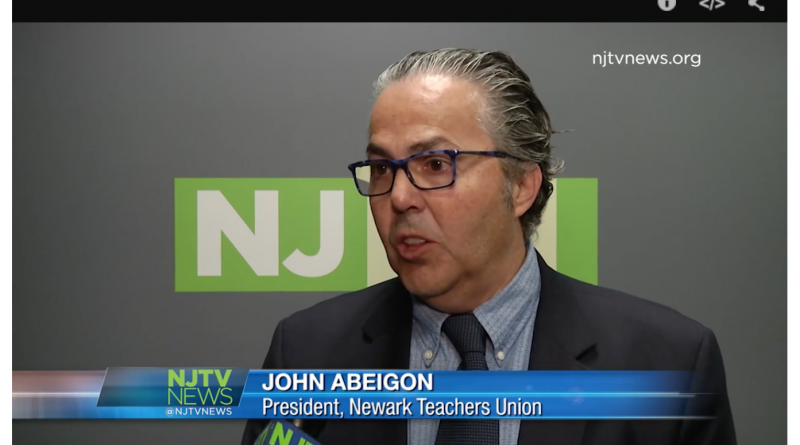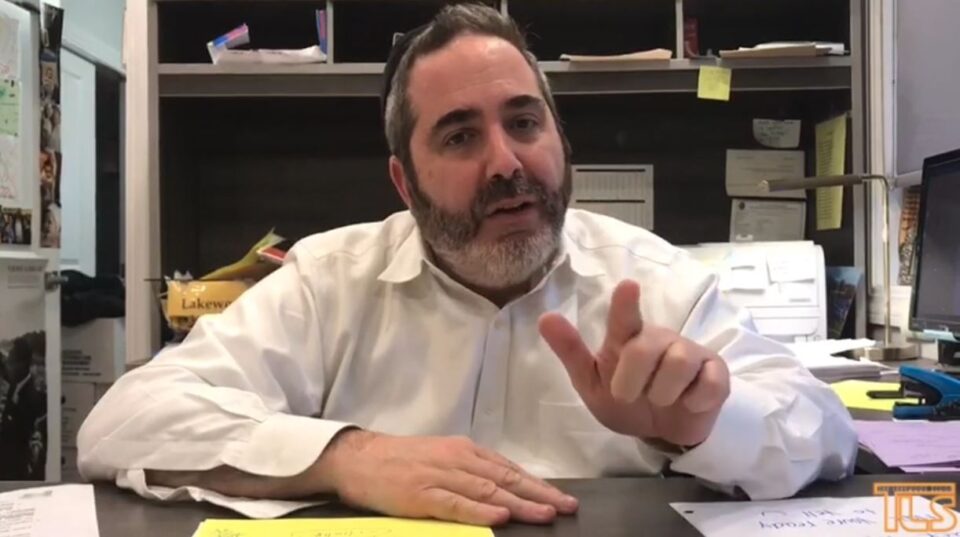What Does the Status Quo Have Against One Child’s Success Story?
July 7, 2016I’m Proud To Not Be A Trump Supporter, But Not So Proud to Be a Democrat Either
July 19, 2016Sunday Leftovers
Everyone is talking about Gov. Christie’s school funding”fairness formula,” which would allot a flat $6,599 per student, except for kids with disabilities, and a competing plan proposed by Senate President Steve Sweeney, which would fund the 2008 formula but eliminate hefty line items like “Adjustment Aid” that would have faded out years ago if New Jersey ever had enough revenue to actually meet the formula’s requirements. For starters, be sure to read Meir Rinde’s drill-down on N.J.’s s “deeply flawed” school funding scheme. (Our current one, formally known as SFRA, not Christie’s.)
N.J. School Boards Association President Larry Feinsod says that Christie’s fairness formula is unfair. N.J.’s other major educational organizations agree with Feinsod. Yet all agree — as does anyone with a lick of sense — that SFRA in its current form is unsustainable, with the exception of Education Law Center, (Read Jeff Bennett on why ELC is wrong.)
Wait, there’s one more exception: NJEA, which happens to be ELC’s primary funder.. Here, NJ Spotlight points to the perplexing silence of NJEA lobbyists on Sweeney’s plan:
:[An] NJEA spokesman yesterday said the union had its issues with Sweeney’s approach and wasn’t ready to get on board.
“We don’t support the bill, so we weren’t there at an event to promote it,” read an email from Steve Baker, the NJEA’s communication director. “We are still in conversations regarding changes we’d like to see that would allow us to reassess our position.”
Senators Sweeney and Teresa Ruiz (chair of the Senate Education Committee) weigh in here. Excerpt:
The original school funding formula would have worked, but politics got in the way. Legislators added a temporary “adjustment aid” provision that was supposed to expire after a year or two. It is now eight years later and we still send more than $600 million in extra aid every year to districts that may not be entitled to it based on student population, while continuing to underfund other districts by hundreds of millions of dollars. Legislators also added a “growth cap” that limits the amount of new aid that goes to districts with soaring enrollment growth. The result is a school funding formula that gets more unfair every single year.
PolitickerNJ notes, “Sweeney is a likely 2017 gubernatorial nominee. His school funding plan push into many of the city’s urban areas gives Sweeney a strong platform and sharp opposition point against Christie moving into 2017.”
NJ Spotlight also describes Union County mayors’ “surprising” reaction to Senate President Steve Sweeney’s proposal. At a meeting with Sweeney, one mayor said, “we really need to get back to accountability and ways to control [Abbott district] spending.”
The mayor of Mountainside, Paul Mirabelli, said there is an impression among some smaller suburban districts like his own is that the larger districts are not accountable enough to how they spend their money.
He pointed to athletic programs that include “tour buses” to transport students and lavish facilities to house them. ”That’s the perception, right or wrong, but that’s the perception,” Mirabelli said.
The Star-Ledger calculates how much Christie’s school funding”fairness formula” would affect individual municipalities
In other fiduciary news, NJSBA reports that Christie just signed the state’s 2016-2017 budget:,
Of the $34.8 billion in the original budget, $13.3 billion was allocated for education. Of that, $9.1 billion was direct aid for schools, with the rest going to the Teachers’ Pension and Annuity Fund (TPAF), post-retirement benefits for TPAF enrollees and other education-related expenses.
Lakewood Update: Two former central office employees in this beleaguered district just settled a wrongful termination suit suit against the Lakewood Board of Education for $174K. The staffers claimed that “they were fired in retaliation for voicing objections to practices they believed were against the law, discriminatory, contrary to public policy and unethical. In one instance, the complaint alleges, Miller objected to low-income minority parents being improperly assessed a fee for a tutoring program that was supposed to be paid for with federal Title I funds.”
The attorney for the two staff members is also representing former business administrator Thomas A. D’Ambola. “In a federal lawsuit against the school board and district officials. D’Ambola alleges in the complaint that he was fired because he refused to “play politics” and go along with the school board’s and administration’s plans to preserve courtesy busing at all costs, in deference to the wishes of the township’s Orthodox Jewish community.”
Regarding the onerous costs for Lakewood taxpayers to bus almost 20,000 Orthodox Jewish students to private yeshivas, the State Legislature passed a bill that would fund a pilot program where Lakewood would “transfer transportation funds each year to a new consortium of private schools, amounting to $884 for each student who qualifies for state-mandated busing. The district says that 18,930 private school students would qualify for the aid, amounting to an annual payment of $16.7 million.” The bill was sponsored by two legislators who represent Lakewood. Christie hasn’t signed it yet.
The Asbury Park Press looks closely at the impact of student suspensions on graduation prospects, future earnings, taxpayer costs, and racial disparities. “In New Jersey, more than 7 percent of high school students were suspended in the 2011-12 school year, according to UCLA’s Center for Civil Rights Remedies, which conducts research on social science and the law. Nearly 18 percent of black high school students were suspended that year and more than 10 percent of Hispanic students were suspended, according to the center.”
Speaking of racially-disparate suspensions, Millburn Public Schools, a wealthy white district, just paid up $435K to settle a lawsuit. From The Record: “The suit claimed that a racially-charged fight George and his family members were involved in outside Millburn High School in 2009 was preceded by several incidents of discriminatory bullying that the school did not address. It also claimed that George was unfairly expelled after the fight. The expulsion was later revoked, and George returned to school.”
And speaking of another type of bullying, The Record reports that some Mahwah “high school teachers have stopped writing letters of recommendation for students to submit to colleges with their applications in response to a stalemate in contract negotiations between the union and the Board of Education.”




